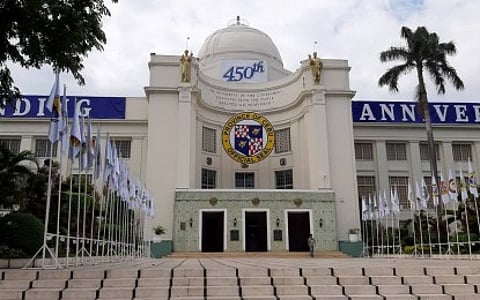
- NEWS
- the EDIT
- COMMENTARY
- BUSINESS
- LIFE
- SHOW
- ACTION
- GLOBAL GOALS
- SNAPS
- DYARYO TIRADA
- MORE

With new leadership taking office across the province and key cities, the Cebu Chamber of Commerce and Industry (CCCI) and Mandaue Chamber of Commerce and Industry (MCCI) are calling for unity, institutional collaboration, and economic reform to drive inclusive growth and long-term development.
CCCI President Jay Yuvallos has proposed a tripartite alliance between government, business, and civil society.
"This political transition is more than a change in leadership. It is a strategic opportunity to position Cebu as a globally competitive hub for innovation, investment, and sustainable development," Yuvallos said.
MCCI President Mark Ynoc reaffirmed the chamber's commitment to championing inclusive economic sectors, which include healthcare, education, food security, and MSME (micro, small, and medium enterprise) development, as the foundation of Cebu's long-term growth and improved quality of life.
"Political colors must now give way to cooperation and shared purpose," he added.
Ynoc commended the outgoing officials, Mandaue City Mayor Jonas Cortes and Governor Gwendolyn Garcia, for their service and expressed confidence in the incoming leadership's ability to foster economic resilience.
CCCI and MCCI emphasized that while Cebu remains one of the Philippines' most dynamic economic regions outside Metro Manila — buoyed by its strategic location, demographic strength, and evolving infrastructure — it continues to grapple with systemic challenges. These include regulatory deficiencies, infrastructure deficits, and persistent social disparities.
Both chambers identified ease of doing business, enhanced public-private partnerships, and the development of robust innovation ecosystems as critical levers for Cebu's next phase of economic transformation.
